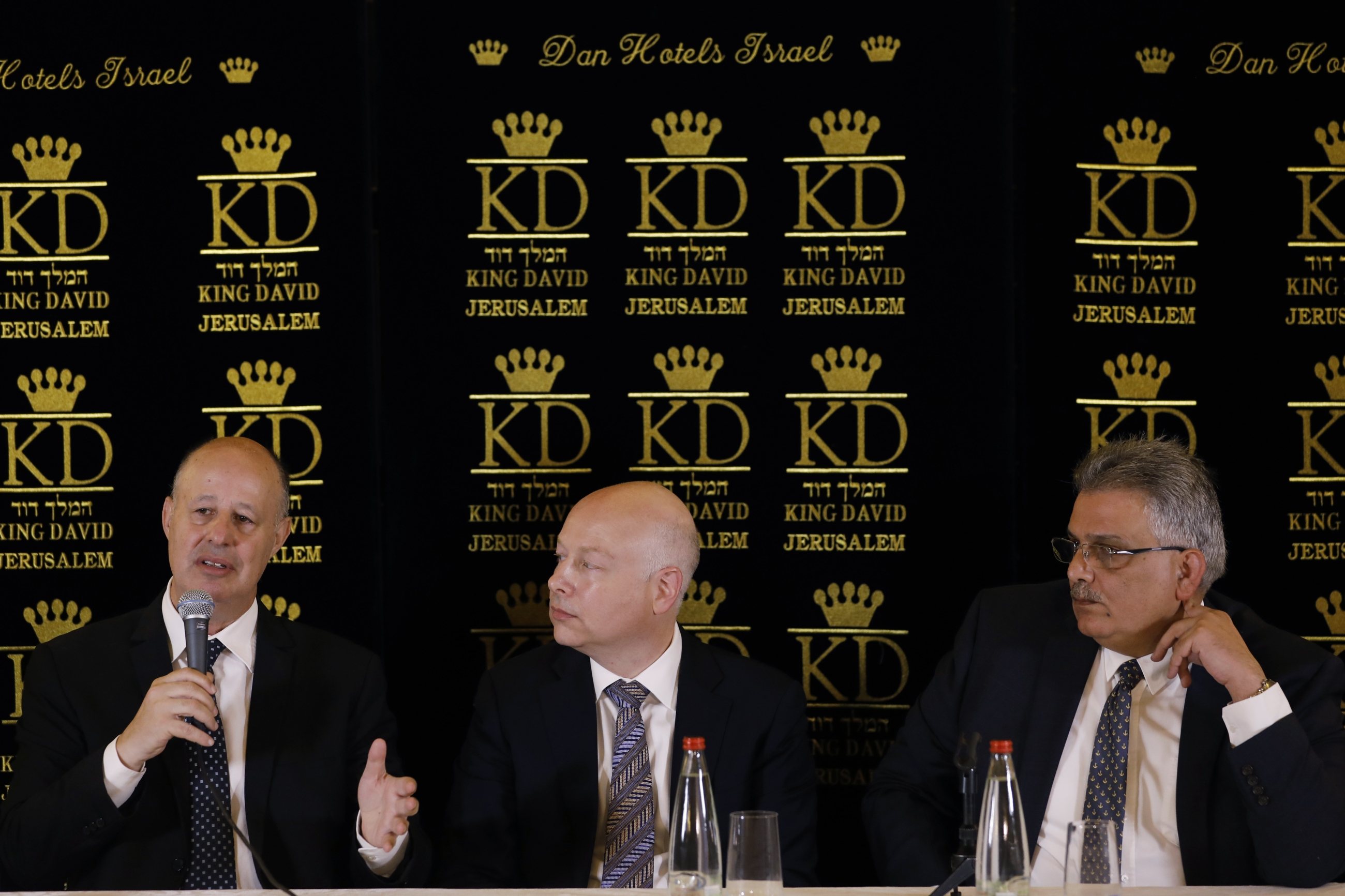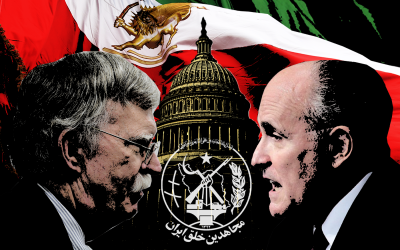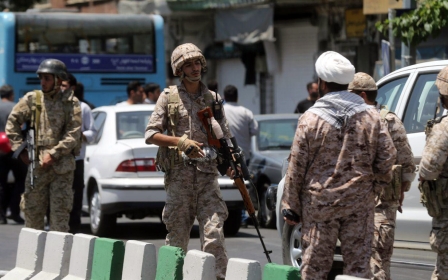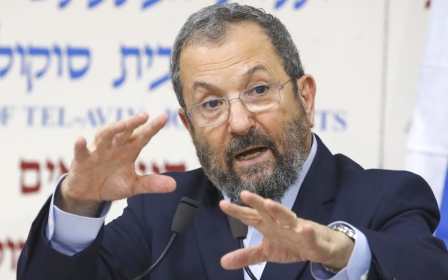Israeli minister boasts his country has been 'killing Iranians'

An Israeli minister boasted on Sunday that his country was the only one that "has been killing Iranians," after tensions between Britain and Iran rose in the Gulf.
Regional Cooperation Minister Tzachi Hanegbi's comments on public radio were a reference to Israeli strikes in neighbouring Syria against Iranian and Hezbollah military targets.
But they came after Iran seized a British-flagged tanker on Friday, adding to tensions between Washington and Tehran linked to a 2015 nuclear deal.
Hanegbi accused Iran, Israel's main enemy, of seeking to create "chaos" and "harm freedom of navigation".
Asked if he feared that Israel would not receive the backing of the United States in the case of a conflict with Iran, Hanegbi suggested that Tehran would avoid such a scenario.
"Israel is the only country in the world that has been killing Iranians for two years," he said.
"We strike the Iranians hundreds of times in Syria. Sometimes we acknowledge it and sometimes foreign reports reveal it.
"You can see that the Iranians are very limited in their responses, and it's not because they don't have abilities - it's because they understand that Israel means business."
Israel has carried out hundreds of strikes in Syria against what it says are Iranian and Hezbollah military targets.
It has vowed to keep Iran from entrenching itself militarily there.
Prime Minister Benjamin Netanyahu spoke in a similar vein last week with cadets at the National Security College.
"At the moment, the only army in the world to fight Iran is the Israeli army," he said.
Earlier this month, Netanyahu warned that Israeli fighter jets "can reach anywhere in the Middle East, including Iran".
Iran's seizure of a British-flagged tanker in the Strait of Hormuz for breaking "international maritime rules" came some two weeks after Britain seized an Iranian tanker at the mouth of the Mediterranean on allegations of breaching UN sanctions against Syria.
Middle East Eye delivers independent and unrivalled coverage and analysis of the Middle East, North Africa and beyond. To learn more about republishing this content and the associated fees, please fill out this form. More about MEE can be found here.





